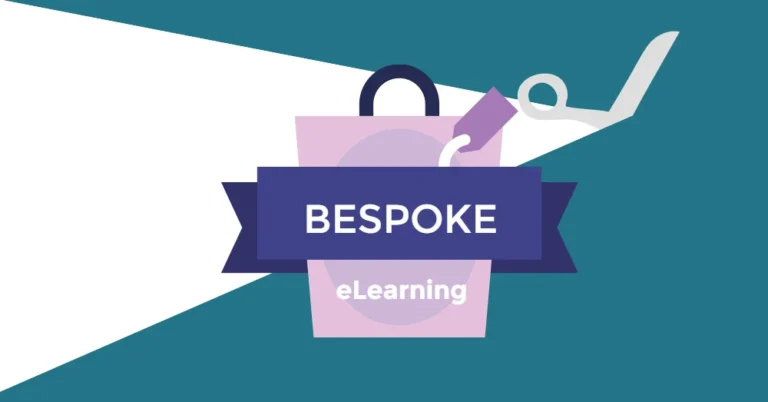The Power of Generative AI to Transform eLearning

Generative AI in eLearning Introduction:
In the ever-evolving landscape of education, technology continues to play a pivotal role in reshaping the way we learn. One of the most promising advancements in recent years is Generative Artificial Intelligence (Generative AI), a technology that holds the key to transforming the eLearning experience. As we delve into the potential of Generative AI, it becomes evident that it is more than just a tool; it is a catalyst for personalized, engaging, and effective education.
Personalized Learning Journeys:
Generative AI opens the door to a new era of personalized learning journeys. Traditional eLearning often follows a one-size-fits-all approach, leaving some learners feeling overwhelmed or bored. Generative AI, with its ability to analyze individual learning patterns and preferences, tailors content to meet the unique needs of each learner. This personalization enhances engagement and ensures that learners receive the information in a way that resonates with them, fostering a deeper understanding and retention of the material.
Adaptive Learning Environments:
The adaptive nature of Generative AI allows eLearning platforms to dynamically adjust content based on the learner’s progress. If a student excels in a particular topic, the AI can expedite the learning process, providing more challenging material. Conversely, if a student struggles, the AI can offer additional resources, alternative explanations, or interactive exercises to reinforce understanding. This adaptability ensures that learners are always operating at their optimal challenge level, maximizing their potential for growth.
Natural Language Processing for Seamless Interaction:
Generative AI, equipped with Natural Language Processing (NLP), brings a conversational element to eLearning. Students can interact with AI-powered chatbots or virtual assistants, asking questions, seeking clarification, or engaging in discussions. This not only enhances the learning experience but also provides instant feedback, fostering a supportive environment for continuous improvement. The conversational aspect creates a more humanized learning environment, making the process less intimidating and more enjoyable.
Content Generation and Augmentation:
Generative AI excels in content creation, alleviating the burden on educators to generate vast amounts of material. AI algorithms can generate quizzes, simulations, and interactive content that align with specific learning objectives. Additionally, AI can augment existing content by identifying gaps, updating information, or providing real-world examples. This results in up-to-date, relevant, and comprehensive educational materials that keep pace with the rapidly evolving landscape of knowledge.
Enhanced Assessment and Feedback:
Traditional assessments often fall short in capturing the depth of a learner’s understanding. Generative AI introduces innovative assessment methods, such as simulations and scenario-based evaluations, providing a more holistic view of a student’s proficiency. AI algorithms can also offer instant, constructive feedback, guiding learners on areas that need improvement and reinforcing their strengths. This real-time feedback loop accelerates the learning process and empowers students to take an active role in their educational journey.
Conclusion:
Generative AI has emerged as a game-changer in the realm of eLearning, offering a transformative approach that caters to the diverse needs of learners. By embracing the power of personalization, adaptability, natural language interaction, content generation, and enhanced assessment, educators can revolutionize the way knowledge is imparted and acquired. As we navigate the future of education, the integration of Generative AI stands poised to create a more dynamic, engaging, and effective eLearning experience for learners around the globe.




